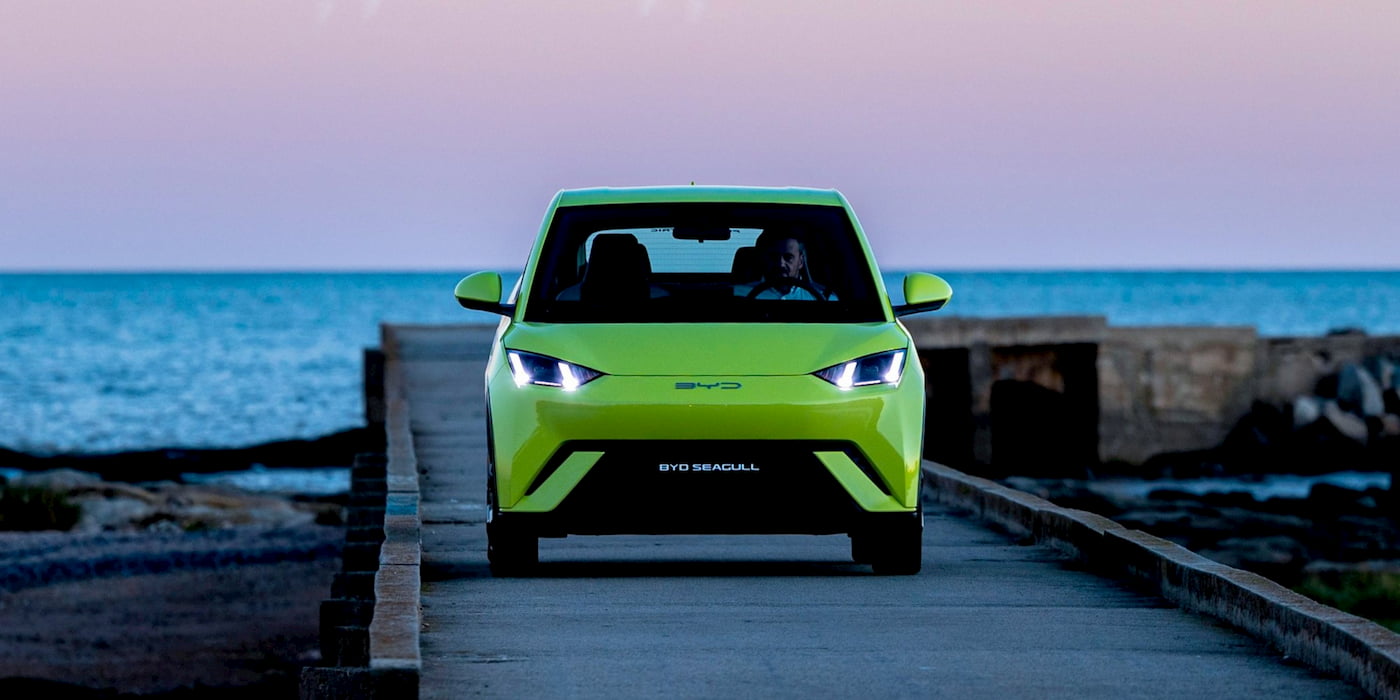
China heavily subsidizes its green tech sectors, but homegrown electric car company BYD is the group’s favorite child, receiving “at least” $3.7 billion in subsidies, according to a new German study.
BYD received that huge sum in the form of direct government subsidies as part of the Chinese government’s push to lead the world in electric cars and other clean technologies, according to a new study first reported by Bloomberg.
The German Institute for World Economics in Kiel reported that BYD received 220 million euros in 2020, up from 2.1 billion euros just two years later. In terms of business revenue, direct subsidies increased from 1.1% in 2020 to 3.5% in 2022. In addition, the study authors said that BYD receives significantly more premiums for purchasing electric cars in China compared with other domestic manufacturers such as GAC or foreign companies manufacturing locally such as the Tesla or VW joint ventures.
Of course, Europe is not happy about what is happening – and although complaints about unfair trade practices are nothing new, they have taken on new dimensions as Chinese companies have begun to compete globally. Back in October 2023, the EU launched its formal investigation into China’s EV industry as European companies struggle to compete with cheap, high-tech Chinese imports – made by cheap labor – entering the European Union.
The European Commission has visited BYD, Geely and SAIC to gather information as part of its investigation into what it says are both subsidies and bank loan campaigns from Beijing that have fueled China’s massive growth, with concerns that China builds EV factories far beyond levels needed for domestic demand. After months of investigation, the EC says that yes, it has in fact found evidence that China is not playing fair and is looking at ways to fix the problem, including retroactive tariffs on Chinese electric cars.
According to the Kiel Institute, China has provided direct payments to almost all of its listed companies, including wind, solar and rail – putting its aid at as much as nine times that of major EU and OECD countries such as Germany and the US, the report said .
Meanwhile, the US and Europe are tightening their rules on Chinese cars and EV parts sold in their countries, with tariffs so high in the US that China has turned its focus to other areas, namely South America, Asia and Europe. In addition, the European Union created a €40 billion innovation fund to compete with China and the US Deflation Act.
For its part, China has called the EU subsidy investigation a protectionist maneuver by Europe, saying its carmakers are profiting because they make better products. Of course, even the author of the study says that the rapid adoption of green technology in Europe is largely due to cheap goods coming from China.
“China’s subsidy policy has been a controversial issue for years: European industries often struggle to compete with their Chinese counterparts in terms of prices,” says Dirk Dosse, research director at the Kiel Institute and co-author of the study. “However, without China’s subsidized technology, products critical to Germany’s green transformation would also become more expensive and scarce.”
BYD reported net income of $4.16 billion (30.04 billion yuan), compared with expectations of $4.29 billion (30.94 billion yuan), giving it significant leverage to undercut the aggressively low-priced competition that we reported many times here on Electrek. The company reported more than 80% growth in net profit last year and shows no signs of slowing down.
FTC: We use automatic affiliate links that earn revenue. More ▼.

